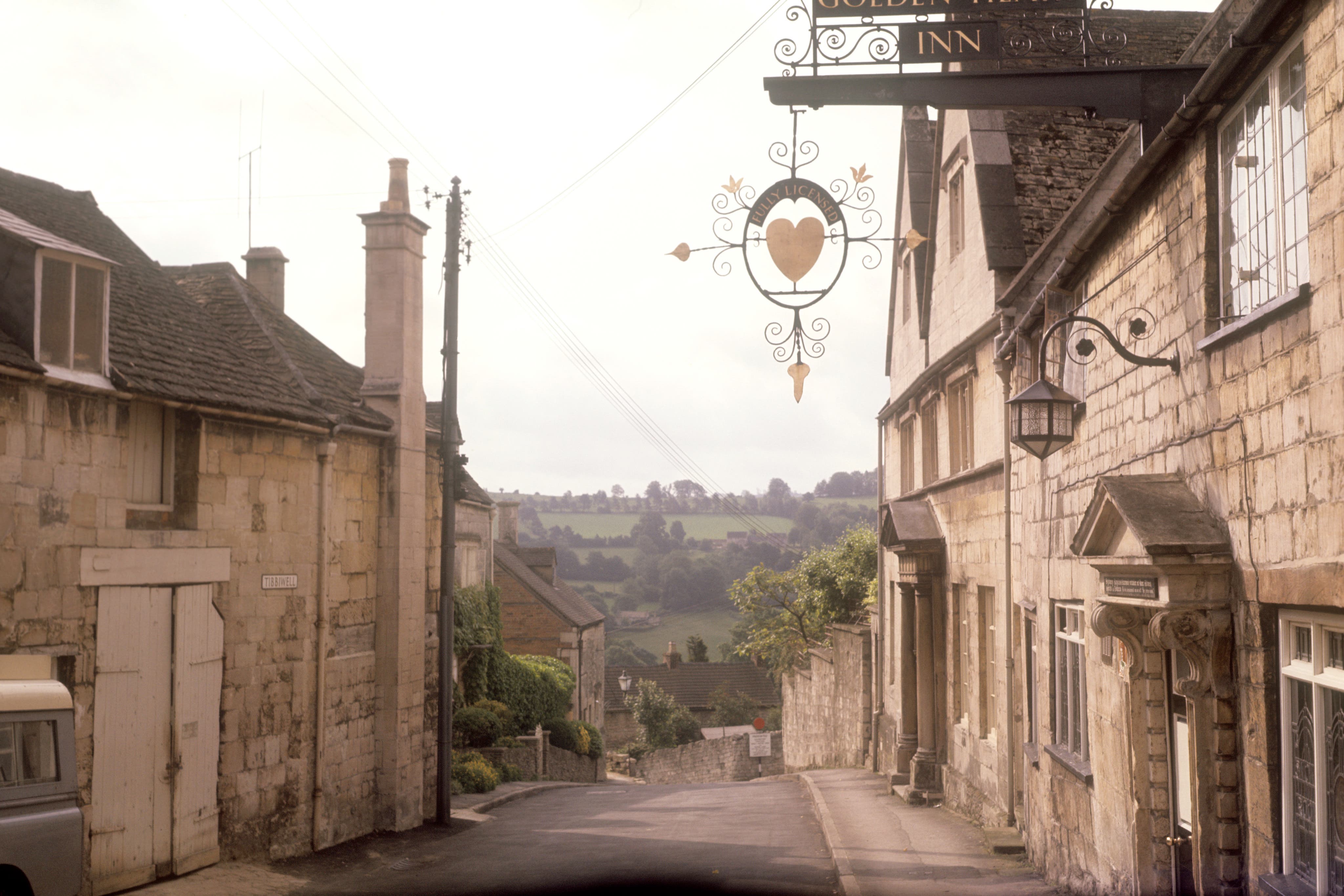These are the most expensive house names in England
From The Oast House to Old Vicarage – these are the most expensive house names

Your support helps us to tell the story
From reproductive rights to climate change to Big Tech, The Independent is on the ground when the story is developing. Whether it's investigating the financials of Elon Musk's pro-Trump PAC or producing our latest documentary, 'The A Word', which shines a light on the American women fighting for reproductive rights, we know how important it is to parse out the facts from the messaging.
At such a critical moment in US history, we need reporters on the ground. Your donation allows us to keep sending journalists to speak to both sides of the story.
The Independent is trusted by Americans across the entire political spectrum. And unlike many other quality news outlets, we choose not to lock Americans out of our reporting and analysis with paywalls. We believe quality journalism should be available to everyone, paid for by those who can afford it.
Your support makes all the difference.The house names that command the highest prices have been revealed.
Property firm Savills, which carried out the study, found that titles reflecting life in past centuries were among the most expensive property names, with links to the feudal system, religion and beer.
A study analysed names associated with at least 30 sales over the past five years, and where at least one in five sales was for properties worth at least £1 million. Savills looked at Land Registry data covering England and Wales.
The Manor House was ranked top, with an average property price of £1,423,128.
This title was historically given to the main house of the Lord of the Manor in Anglo Saxon and Norman England and is often the grandest house in the locality, researchers said.
More than two in every five sales of properties with this name were worth more than £1 million.
The Old Rectory – the former home of a rector – was placed second, with an average price tag of £1,301,424.
The Top Ten
Here are the top property names, the number of sales counted by Savills, the average price and the proportion of homes selling for more than £1 million, according to Savills.
1. The Manor House, 56, £1,423,128, 43%
2. (The) Old Rectory, 355, £1,301,424 , 50%
3. Mallards, 38, £1,164,150, 24%
4. (The) Old Vicarage, 325, £1,086,887 , 39%
5. The Oast House, 31, £1,038,774, 45%
6. Lime Tree House, 33, £981,121, 21%
7. Manor House/The Manor, 204, £967,117, 29%
8. Manor Farm House, 41, £966,235, 32%
9. Grove House, 68, £962,904, 25%
10. Glebe House, 86, £940,814, 31%
Properties with this name typically date from the Georgian, Regency and Victorian periods and tend to be grand buildings with land, Savills said.
Half of properties sold with this name over the past five years were valued at more than £1 million.
Former rectories typically cost around £200,000 more than those named the Old Vicarage, historically home to the vicar.
This lower ranking meant a smaller property, and former vicarages typically take the form of smaller manor houses or cottages, Savills said.
Over the past five years, properties with this name have sold at an average price of £1,086,887.
Lucian Cook, head of residential research at Savills, said: “Certain English house names have held steady over hundreds of years, and tell us a lot about the provenance and history of the property – whether it be related to the feudal system, religion, mythology, our nation’s flora, and even beer.
“Still today house names instantly conjure an image, whether it’s the distinctive roof line of an oast house or the intricate timbers within a tithe barn.
“Once home to those with the highest status in society, the likes of the Manor House, the Old Rectory and the Old Vicarage still command the highest house prices, fending off the competition from more contemporary names such as Mallards and Timbers.”

Phillippa Dalby-Welsh, head of Savills’ country department, said: “The name of a house can give it a particular charm, even a notional personality, before a prospective buyer has even set eyes on the property. Quintessentially English names symbolise ideal country living, and conjure up images of period drama.
“Manor houses, rectories and vicarages, in particular, benefit from central locations, typically sitting on the edge or at the centre of the village.
“Properties which historically symbolised high stature are also usually very well proportioned with high ceilings and large windows, and good sized gardens, perfect for modern-day families.
“The timeless appeal to these homes mean that they will never go out of fashion and will always be highly sought-after by buyers.”